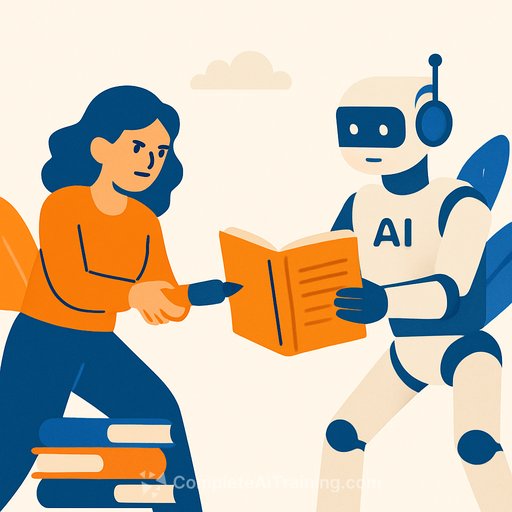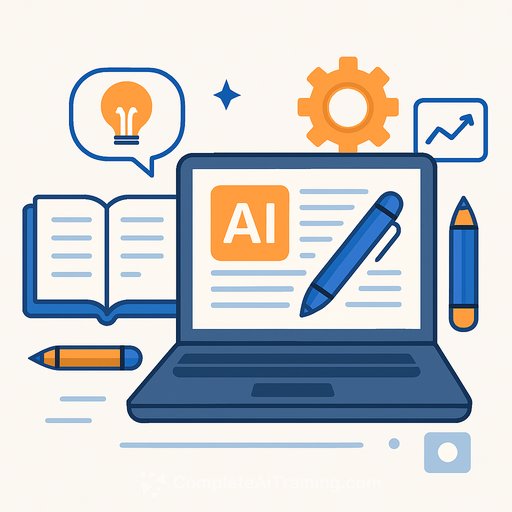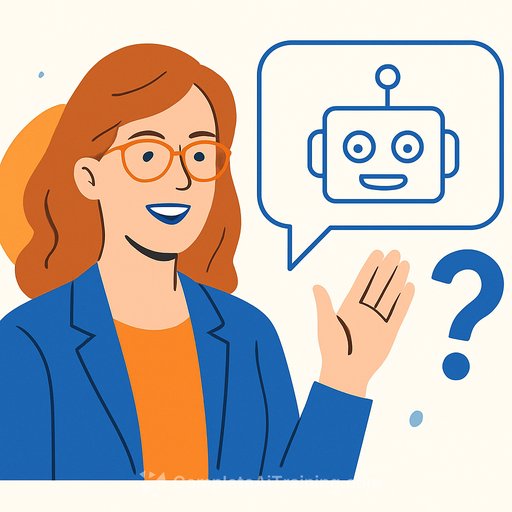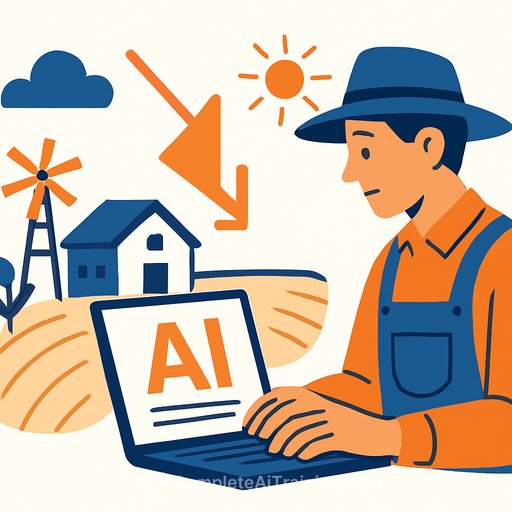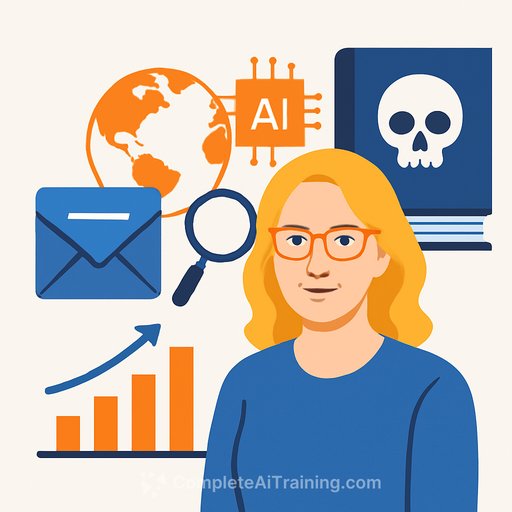Australian Authors Oppose Proposed AI Copyright Exemption
The Australian arts community is pushing back against a recent proposal by the Productivity Commission (PC) to introduce a copyright exemption that would allow tech companies to use copyrighted material to train AI without compensating authors.
The PC report predicts that AI could add $116 billion to Australia's economy over the next decade, suggesting a text and data mining (TDM) exception to the Copyright Act. Such an exception would permit companies like Google, Meta, and OpenAI to use copyrighted works freely for AI training.
Authors Speak Out Against Uncompensated Use
Lucy Hayward, CEO of the Australian Society of Authors (ASA), calls the proposal a "free pass" for multinational tech firms to profit off authors' work without permission or payment. She questions why creators should be excluded from the economic benefits their work generates.
Arts Minister Tony Burke has made it clear that the government currently opposes weakening copyright laws, stating that the unauthorised commercial use of copyrighted material is theft. Formal government responses to the PC report are still pending.
Existing Unauthorized Use of Creative Works
Tech companies are already using copyrighted material without authorization. For example, Meta trained its AI models using pirated databases like LibGen and Books3, containing works from numerous Australian authors, including Charlotte Wood and Tim Winton. A TDM exception would legalize this practice without requiring consent or compensation.
Economic Risks for Creators
Authors are among the lowest-paid arts workers in Australia, earning an average of $18,200 per year. Copyright fees represent a vital income source. Danielle Clode, ASA board member and author, warns that the PC's economic framework fails to capture the realities of creative industries and effectively sanctions wage theft by permitting unauthorized use.
Wenona Byrne, director of Writing Australia, stresses that Australia's copyright system has supported the arts since 1968 and can adapt to technological changes without compromising creators' rights. She warns that weakening copyright could reduce earnings and discourage future creativity.
The Threat of AI to Creative Livelihoods
Large language models like ChatGPT could replace human authors by generating content based on Australian works, threatening authors' ability to earn a living. Alice Grundy from the Australian National University highlights that the projected $116 billion economic benefit pales in comparison to the cultural and economic harm to creatives.
Kate Kruimink, award-winning author, found her books in pirated databases used for AI training. She expects AI-generated works to flood the market, making it harder for human authors to survive financially. She also critiques the narrow definition of productivity in the PC report, emphasizing that stolen work undermines creative productivity.
A Call for Fair Compensation and Consent
Geelong novelist Rhett Davis opposes unauthorized use of his work for AI training without fair payment. A recent Macquarie University study found that 79% of authors would refuse permission to use their works for AI training. Authors like Kruimink view generative AI as unethical, stripping creative work of its human essence.
Protecting Culture and Innovation Together
ASA CEO Lucy Hayward rejects claims that copyright laws hinder innovation. Australia leads in technology sectors like quantum computing and data centers without relaxing copyright protections. She advocates for licensing models that respect authors' rights and ensure they benefit financially from AI developments.
Hayward asks whether Australia should allow multinational tech companies to exploit Australian creators’ intellectual property for free or find a balanced approach that supports both AI progress and fair compensation for authors.
Seeking a Balanced Regulatory Approach
Law professor Kimberlee Weatherall notes the current regulatory uncertainty makes it difficult for AI developers to license copyrighted works properly. She suggests a compromise that allows responsible AI development while recognizing creators’ rights.
Next Steps for the Creative Sector
The ASA urges the government to reject the PC’s TDM exemption proposal and instead establish a licensing system that compensates copyright holders. Writing Australia calls for author involvement in AI regulation discussions and partnerships between tech firms and creatives.
Wenona Byrne emphasizes that Australian writers’ work is valuable and using it without consent is equivalent to theft. She supports royalty schemes or licensing models to ensure fair treatment and sustainability for the writing industry, which contributes $2 billion to the Australian economy.
The issue will be a key agenda item at Writing Australia's upcoming council meeting. Authors and industry stakeholders continue to advocate for policies that protect creative livelihoods while addressing the realities of AI technology.
Your membership also unlocks:

